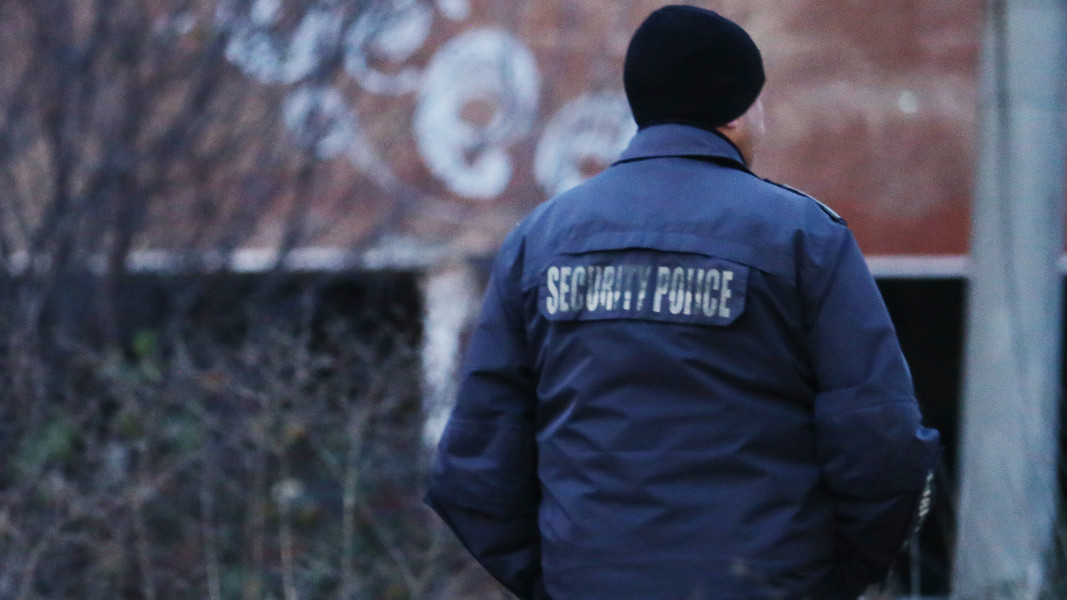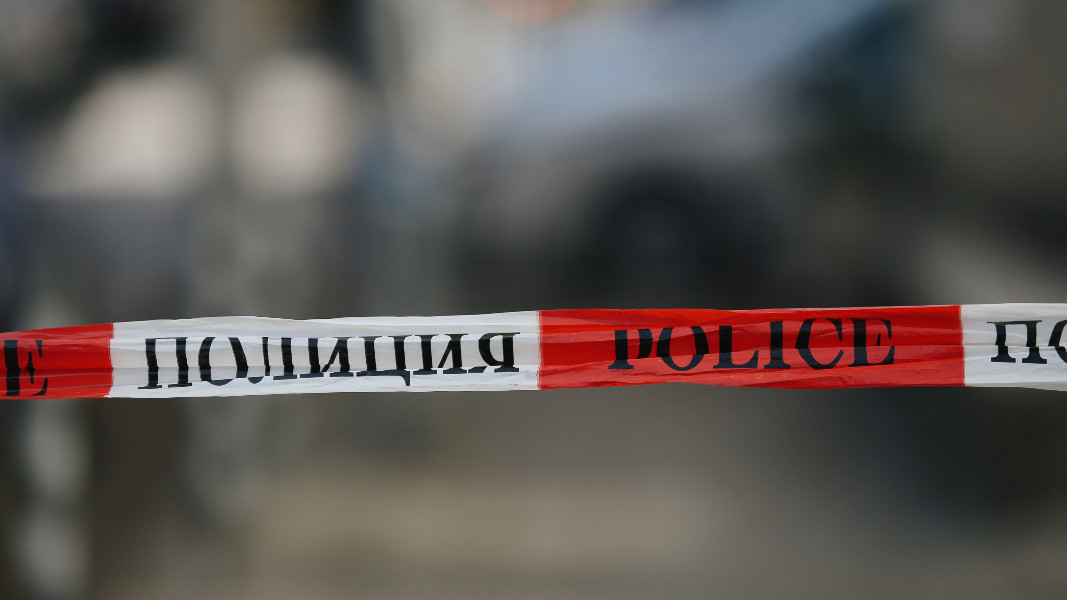There are 133,245 people who own pistols in Bulgaria as about 55,600 of them are current and former employees of law enforcement agencies in Bulgaria, data from the end of 2022 show. Crimes with legally owned weapons have become more frequent in Bulgaria. Recently, the public attention was once again focused on a case in which a former policeman shot his neighbor - famous psychologist Ivan Vladimirov, with whom they were in conflict for years. It turned out that numerous reports were filed against the former police officer for threats against his neighbors, which remained without consequence and hence the tragic result. In a TV interview a month earlier the psychologist himself expressed fears that the legal system in this country often leads to a fatal end in such clashes.

The case has raised a number of questions of public interest like how weapon permits are regulated in Bulgaria and is it necessary to make access to firearms more difficult? What protection can people who are harassed by their neighbors have?
It turns out that in order for someone to be punished in terms of criminal law, there must be a valid conviction against them. In other cases, the person is often subject to punitive measures - warnings or fines. The most common reaction of the Ministry of Interior to neighborly conflicts is issuing warning protocols. However, such a measure can have small effect when multiple reports are registered against a single person without an adequate reaction from the institutions:
"If we think about it, a fine could have a much better preventive effect in certain situations,” lawyer Dimitar Stoyanov says. “There is a feature of human psychology that is related to the fact that material damage caused by the fine is a very effective deterrent mechanism. In Western societies, the fine is applied as a measure in many situations.”
In Bulgaria, the number of persons who have the right to own weapons as well as the conditions they must meet, is regulated by the Law on Weapons, Ammunition, Explosives and Pyrotechnic Products.

"In order to own a weapon, one must meet certain requirements - you must not have a previous conviction, you must not have tax obligations, you must not have criminal proceedings against you and you must be mentally healthy. You must have completed training in handling weapons and have the relevant conditions for its storage,” Dimitar Stoyanov says. “You are also required to report the amount of ammunition you store. In addition to meeting these conditions, a person must provide a valid reason for wanting to own a personal weapon.''
According to an instruction by the Ministry of Interior, an officer has the right to use a weapon if they witnessed a crime that required intervention. Officers have no right to carry a weapon in two cases - when on leave or when traveling abroad, if there are no conditions for storing the weapon. However, according to experts, a serious problem in the system of the Ministry of Interior is the lack of periodic psychological examinations of its employees after the mandatory one when they start work.
The employees of the law enforcement agencies have the right to own weapons even after the end of their service, but as private individuals they are subject to checks over a certain period of time. But as the fatal outcome of the dispute between neighbors at the beginning of February put people in housing cooperatives on edge, experts see the need for a mechanism by which, in case of systematic violations of public order by an owner of a firearm, the weapon permit and the firearm would be withdrawn.

However, according to lawyer Dimitar Stoyanov, dealing with various types of crime would not be particularly effective until a revision of the legislation was made.
"We can't take a particular problem like burglary or domestic violence and try to solve it without reviewing the shortcomings and controversial points with the participation of the Prosecutor's Office, Ministry of Justice, civic organizations. We need to find a legislative approach to solve the problems together. It is necessary to update the law on the Ministry of Interior, as well as parts of the Penal Code, so that the system, financed by people's taxes, could meet the expectations they have when it comes to security and justice," the lawyer says in conclusion.
English: Al. Markov
Photos: BGNES
The diplomas from the 11th master class in radio journalism of the Bulgarian National Radio – BNR Academy were awarded at a solemn ceremony on November 14. The lectures and practical classes in modern forms of radio journalism build on the professional..
Italy investigates claims of hunting of people in Sarajevo in the 1990s The prosecutor's office in Milan has launched an investigation into shocking reports of organized "sniper safaris" in Bosnia during the war in..
Albania and Bulgaria have joined forces in the name of one more child being born. In the late afternoon of November 7, the first-ever free reproductive medicine checkups, led by Bulgarian specialists, began in the Albanian town of Korçë — a region..

+359 2 9336 661
